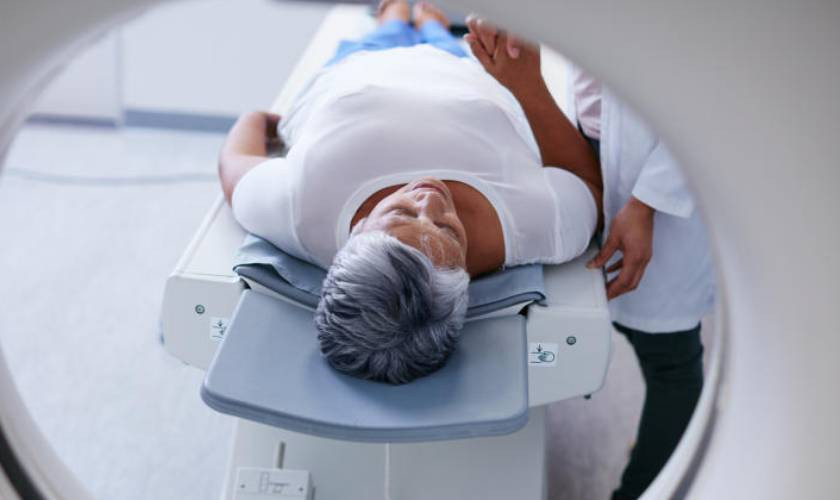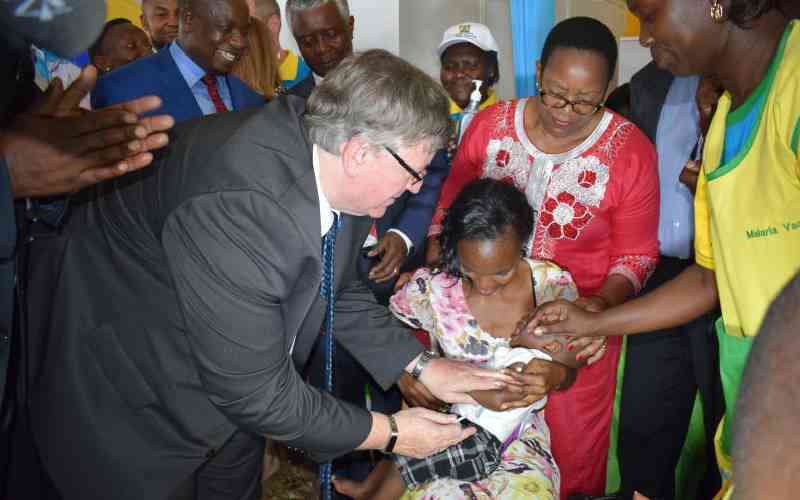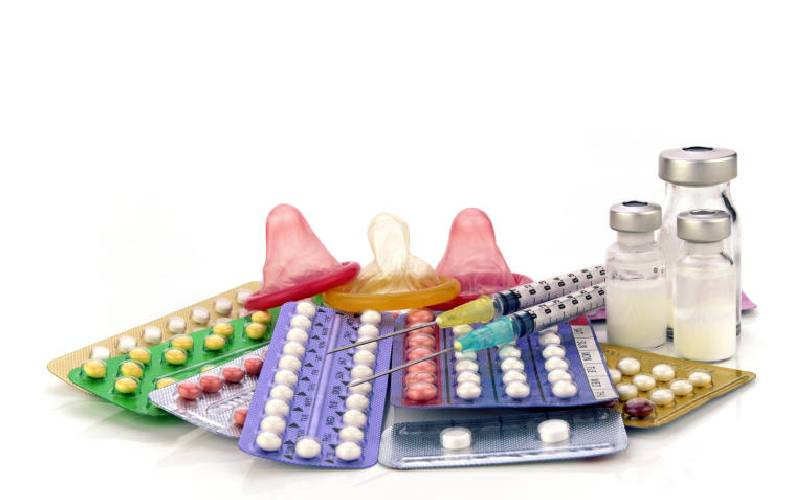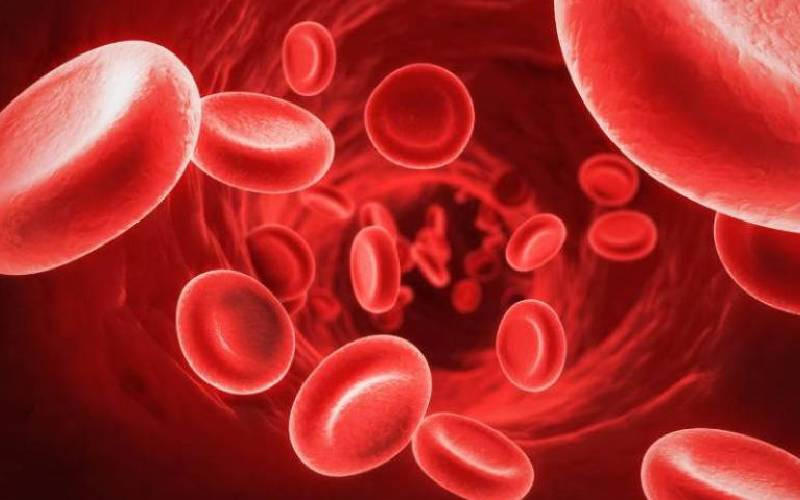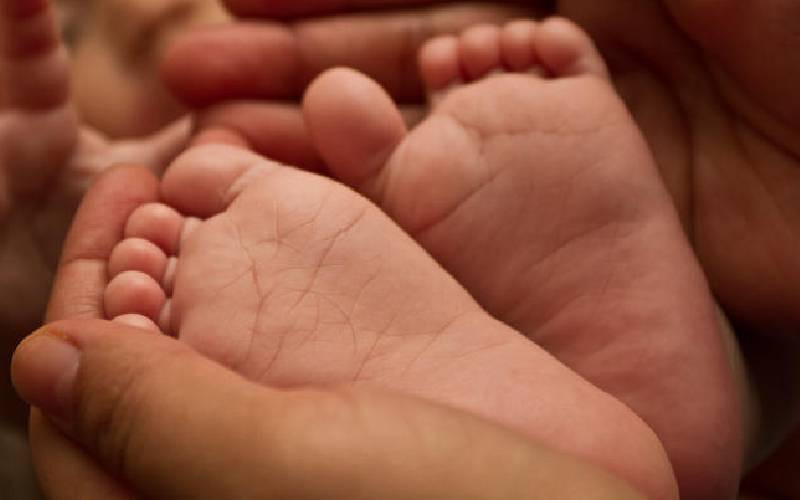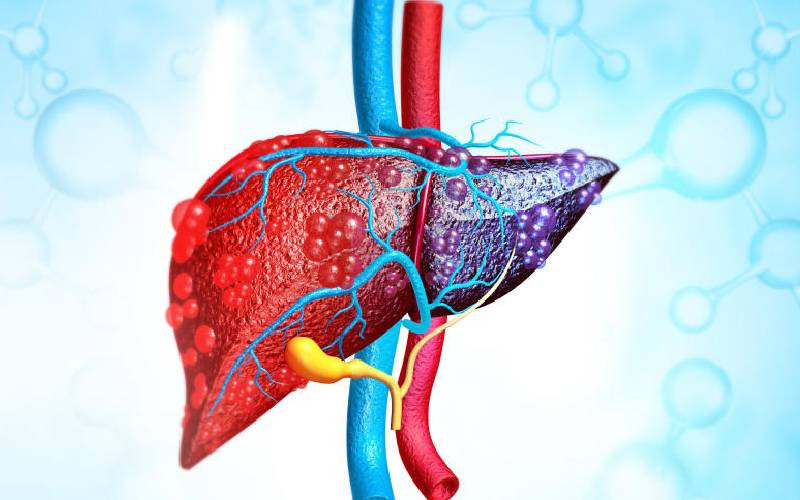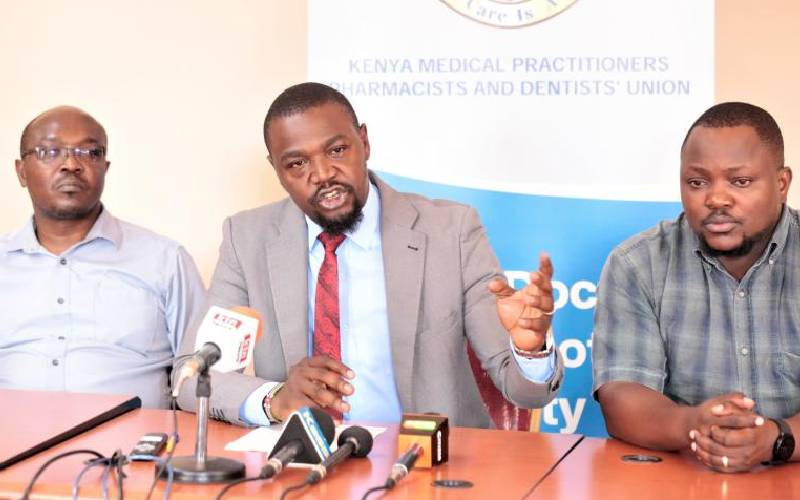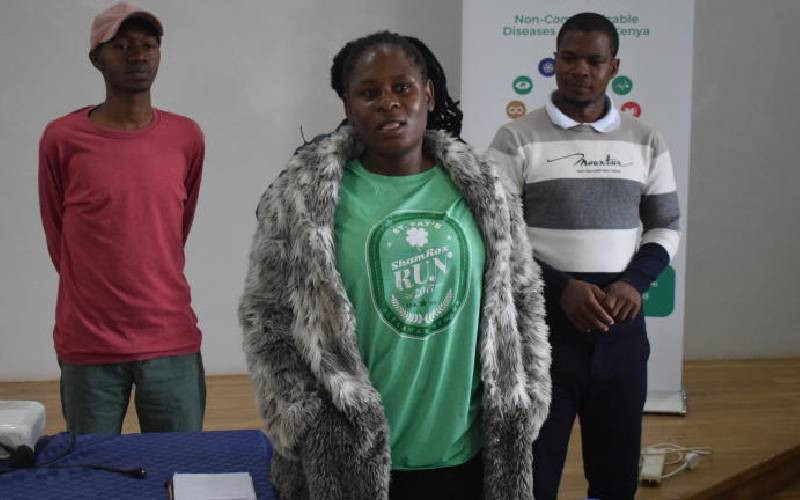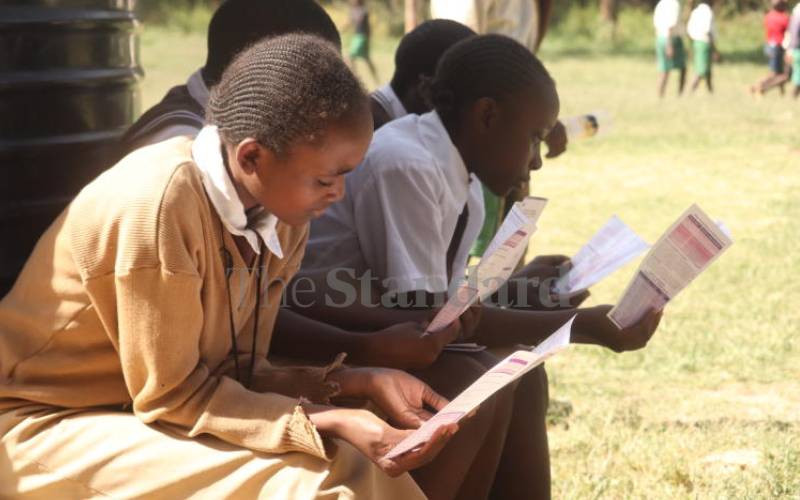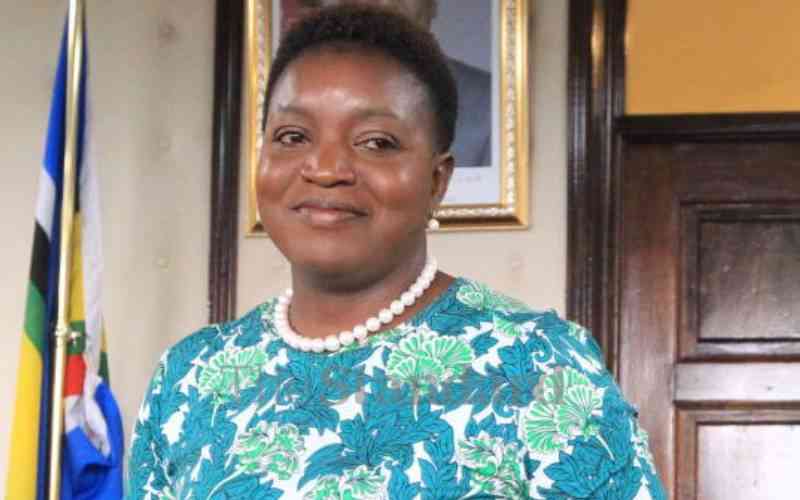
Despite health being a key pillar in the Kenya Kwanza administration, the sector has been at the centre of multiple scandals.
Speaking on Friday, CS Susan Nakhumicha revealed part of the rot in health insurance, one of the many ailments that have been tormenting the sector that she has been running since she was appointed.
Damning scandals are reported in various agencies within the ministry at a time when Kenya heavily depends on donor support to run the sector.
The biggest graft witnessed in 2023 was the Sh3.7 billion mosquito scandal that led to the sacking of Health PS Josephine Mburu.
Mburu was the first high-ranking top official to be sacked under the Kenya Kwanza administration just a few months after taking over office.
President William Ruto also suspended Kemsa CEO Terry Ramadhani as he promised to clean up the authority.
Irregularities witnessed in the procurement of long-lasting mosquito nets at KEMSA saw the donor withdraw the tender, which was then handed over to Wambo.Org.
- Activate our NHIF cards, retired prison wardens plead
- Senator Okenyuri seeks statement on measures to recover funds lost through NHIF scam
- 68 midwives trained on best practices to improve maternal healthcare
- NHIF cover still the most popular health insurance despite failings
Keep Reading
Initially, the Sh3.7 billion tender was to be awarded to a Kenyan manufacturer, but nobody won the tender to supply the commodities funded by the Global Fund.
In the scam, Partecea East Africa was identified as the winning bidder by the Kemsa Technical Evaluation Committee. In its review, the Global Fund audit found that none of the bids were responsive.
Tender
In the tender, the authority was to earn 2%, 3%, and 5% of the tender value for the various transactions, which translates to Sh74 million, Sh111 million, and Sh185 million, respectively.
The two per cent represents money earned for the procurement process, three per cent is for warehouse services, and five per cent is for distribution.
After Ruto’s move, the National Assembly and the Senate swiftly moved to probe top officials at the Ministry, Kemsa and Global Fund.
Both the Senate and the National Assembly concluded the probe, awaiting the final report on the graft.
A heated grilling session by the Senate Health Committee, held on July 12, 2023, probing irregularities in the tendering of mosquito nets worth Sh3.7 billion, shifted the spotlight to the Ministry of Health for changing tender specifications against the preference of the Global Fund.
The grill placed the sacked Public Health PS and Kemsa CEO Dr. Andrew Mulwa, who was then Director of Medical Services, Preventive and Promotive Health, at the center of controversy.
Appearing before the committee for a second time, Mburu maintained her innocence, saying the changes of specifications were occasioned by a letter authored by Dr. Mulwa.
Requirements
Mburu said she received a memo from Mulwa directing her to include a pesticide synergist known as Piperonyl butoxide (PBO) in the tendering process, yet it was not a requirement listed by the Global Fund.
But appearing before the same committee prior to Mburu’s second probe, Mulwa distanced himself from forwarding a memo to the PS to have a change of specifications, saying he had no knowledge of the tender irregularities and was only informed about it by Omar.
Mulwa said he advised Omar to write a memo on the same and forward it back to him for advice, but instead, Omar bypassed him and had direct communication with Ms. Mburu.
As Kenyans wait for the release of the report, a local manufacturer from Tanzania was contracted by Wambo.Org to supply the Long Lasting Insecticidal Treated Nets (LLITNs) for mass distribution in high malaria burden counties.
Also, the Kenyan government was forced to return Sh87 million to Global Fund following the misappropriation of funds in the malaria programme, at a time the country is struggling economically.
The Global Fund had directed Kenya to return Sh187 million, money lost in the distribution of mosquito nets under the 2020/21 malaria programme funded by the donor.
In a demand letter privy to The Standard, Global Fund said the money was lost through overpayment, payment made without a receipt, and exaggerated cost in the mass camping exercise.
In its audit review report, Global Fund questioned costs amounting to Sh72.8 million, of a total allocation of the Sh187 million, an amount which the government was directed to refund in May.
Nakhumicha told The Standard in an interview that though verification is ongoing, more focus has been put on improving the system and stakeholder engagement to avoid the recurrence of misappropriation of funds.
James Kamau, a health economist, observed that to avoid misappropriation of funds and irregularities in distribution, Global Fund and other donors should procure commodities directly and hand them to the Kenyan government instead of providing the country with tenders for supplies.
“We get allocated Global Fund money to buy medical commodities, but we ‘steal’ it. Why can’t we then receive commodities instead?” said Kamau.
The National Assembly Health Committee, chaired by Robert Pukose, is also probing NHIF and the Kenya Medical Practitioners and Dentists Council (KMPDC) on bogus claims and irregular registration of hospitals.
At least eight hospitals are suspected of making Sh1.54 billion for 30,111 claims made between July 2022 and June 2023.
 The Standard Group Plc is a multi-media organization with investments in media platforms spanning newspaper print
operations, television, radio broadcasting, digital and online services. The Standard Group is recognized as a
leading multi-media house in Kenya with a key influence in matters of national and international interest.
The Standard Group Plc is a multi-media organization with investments in media platforms spanning newspaper print
operations, television, radio broadcasting, digital and online services. The Standard Group is recognized as a
leading multi-media house in Kenya with a key influence in matters of national and international interest.

